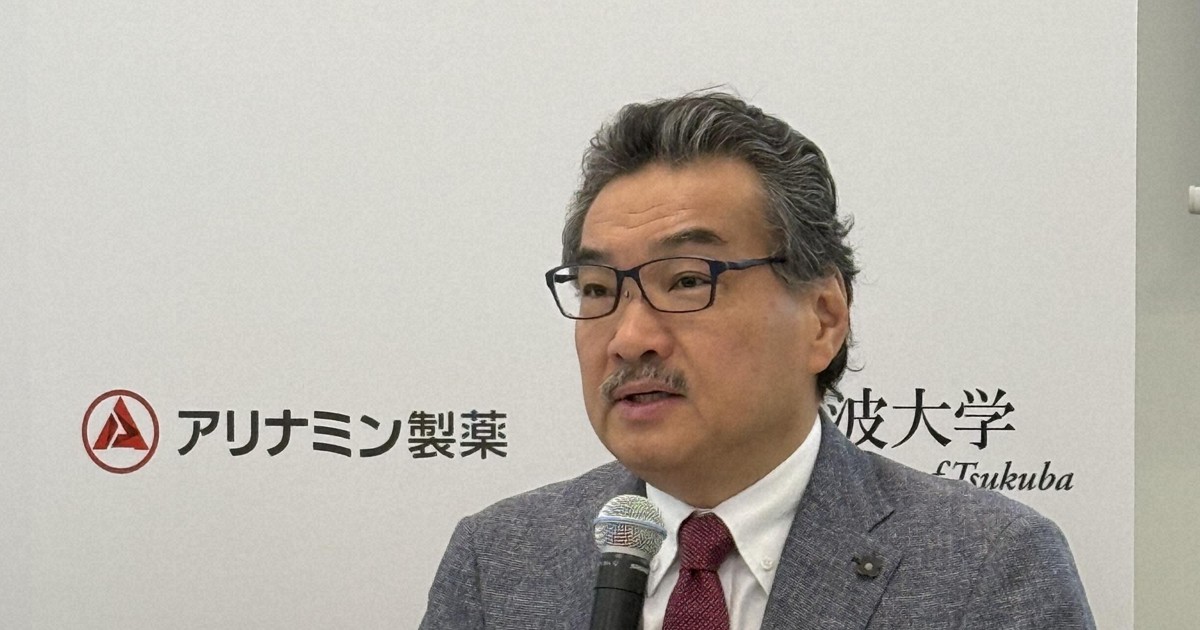
Masashi Yanagisawa, director of the International Institute for Integrative Sleep Medicine at the University of Tsukuba, speaks to reporters in Tokyo on Sept. 29, 2025. (Kyodo)
TOKYO (Kyodo) — Not all workouts are created equal when it comes to bedtime, with researchers suggesting that high-intensity cardio may rob you of quality sleep, whereas weight training could actually help you drift off easier.
The researchers trying to solve the mysteries of a good night’s rest made the discovery as part of an ongoing three-year project by the University of Tsukuba and Alinamin Pharmaceutical Co. to examine the relationship between fatigue and sleep.
They hope that their study will provide a scientific explanation for why athletes who engage in intense cardio exercise, such as marathons, are known to have difficulty getting quality sleep.
The research team plan to investigate whether fursultiamine, a vitamin B1 derivative, can ease fatigue and improve sleep quality in 20 men in their 20s. Results are expected in the next fiscal year, starting in April.
“If the effectiveness is proven, it would be a first,” said Masashi Yanagisawa, director of the university’s institute specializing in sleep medicine.
In the latest study, none of the participants exercised regularly otherwise. Their maximum heart rate when riding an exercise bike and the maximum weight they could lift using a fitness machine were measured.
Participants were asked to complete 60-minute sessions on either the exercise bike or the weightlifting machines, conducted at 60 percent and 80 percent of the participants’ maximum, defined as middle intensity and high intensity, respectively.
Their tiredness and sleep quality were evaluated using a combination of subjective and objective methods, including analysis of brain waves and other health data.
The study found that both high-intensity cardio exercises and high-intensity resistance training disturbed the autonomic nervous system. However, while the former resulted in shorter sleep duration, the latter improved sleep quality.
Tomohiro Okura, one of the researchers at Tsukuba, said the number of participants was low but enough to be statistically significant. However, he added that the results may differ if women or people from other age groups are included.

